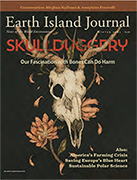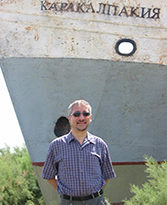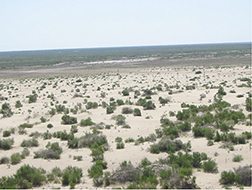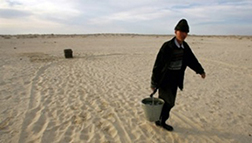By Rachel Duckett

Tremaine Phillips
In 2019, Michigan State University alum Tremaine Phillips was appointed to the three-member Public Service Commission, making him one of the country’s public service commissioners at 33 years old.
The PSC’s mission is to “serve the public by ensuring safe, reliable and accessible energy and telecommunications services at reasonable rates.”
That includes regulation of landlines, cable television and energy infrastructure. While it’s not an environmental agency, the commission oversees clean energy operations and sometimes assesses the environmental impact of existing infrastructure in its decision-making.
I spoke with him about alternative energy, protecting communities and more. Here’s our conversation, lightly edited:
What have you learned since being appointed to the commission in 2019?
I thought I knew a lot coming into this job, but it’s just made me learn and appreciate the complexity and the amount of devotion and commitment it takes to sustain all this good stuff we have going. So I never take for granted the light switch when I turn it on. Reliable energy is not a guarantee for many people across the world.
I think of the complexity and how many thousands and tens of thousands of people are waking up every day to make sure the system is safe and reliable. Continue reading

 Knight Center director Eric Freedman explores the dark world of illegal trafficking of wildlife skulls in “The Bone Collectors,” the
Knight Center director Eric Freedman explores the dark world of illegal trafficking of wildlife skulls in “The Bone Collectors,” the 

